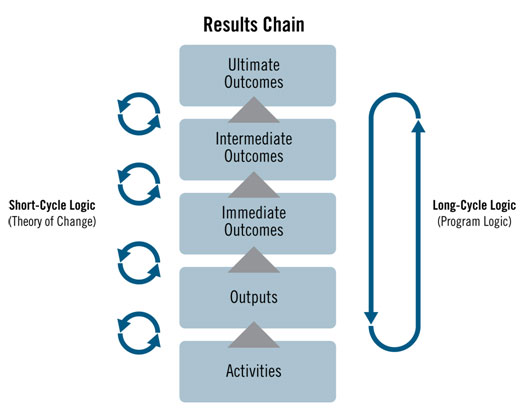- Each class since NURS 324 has incorporated nursing theory in one way or another and reinforces the fact that theory is what develops the foundation for nursing practice and that it truly is a large component of this profession.
- Theoretical Base for Practice 'Integrate theories and knowledge from the arts, humanities, sciences and nursing to develop a foundation for nursing practice'. Nursing, like any other profession, is composed of concepts and theories that guide our actions.
The nursing theory I used on a daily basis was Jean Watson’s theory of Relationship Based Care. Our organization had rolled out a nursing practice model and the foundation was this theory. It influenced my career and improved my patient care. Theoretical Base for Practice Using a theoretical approach in the patient care setting allows for logical processing of information using the nursing process. As a registered nurse, one must always evaluate his or her practice; by using a theoretical approach it allows for the nurse to be more objective with his or her evaluation. Theoretical Base for Practice Nursing theory has been around since Florence Nightingale began practicing as a nurse. Over it time it has evolved in many different forms. Theory has allowed nurses to differentiate what should form the foundation of practice by illustrating what nursing is.

Theoretical Base
Many of us have chosen the field of nursing. Why, because we are insane! We are in a profession that affects lives from the moment of conception to the final breath. We work long hours, odd hours and holidays. Thank-you Florence! Florence Nightingale started the practice of nursing. She was also an early nursing theorist. She began forming theories that helped advance the nursing field. Many theorists followed suit. What does this mean to you as a nurse? It means you did not have to do the research! It gives you a solid framework to base your practice. Find a theorist who closely shadows your practice. It will strengthen your practice. Your patients will appreciate it. Nursing theory is not as frightening as one may think.
Nurses, especially young nurses, tend to avoid nursing theory. When we began our careers we lacked self-confidence. There was so much to learn. I focused on skills such as IVs, pathophysiology, patient care and disease processes. These skills were what I viewed as crucial to getting a job. I was overwhelmed. Nursing theory did not seem important to my practice at that time. My critical thinking skills were underdeveloped and still need improvement. It takes time to learn about theory. It forces you to review your beliefs and practices. It makes you think. Now as I want to change the path of my nursing career, nursing theory is becoming increasingly important. Theory not only supports what we do, it gives us a framework to guide us in the right direction. Theory reveals the evolution of nursing. It has given me much food for thought.
My first example of theory competency is an assignment prepared for the Gerontological Nursing discussion board. This assignment addresses three questions. These questions include the comparison of aging theories, which aging theories provide a complete view of aging, identifying the aging theory we find best suited for an area of nursing we have been engaged in. This assignment gave me the opportunity to review each theory, and discuss the topic with my assigned group members.
The second example involves the interviewing of a leader/manager analyzing their role using my knowledge of theory in nursing and other disciplines. I chose a nurse who I met as a nursing instructor back in 1987. In later years I worked under her as a charge nurse. She then became the Director of Emergency Services and I was a staff nurse under her direction. Although I no longer work for her she impacts my life every day. During our interview she reinforced her strong values, morals and dedication to the profession of nursing. I believe her theory of nursing is exemplified through her management/leadership style. As you read this assignment her qualities will become apparent.
Theoretical Base For Practice Tests
Nursing 314 - Theories of Aging
Evidence Based Practice Theoretical Framework

Solid Theoretical Base
Nursing 440 - Managing with Style
Grading Rubric
